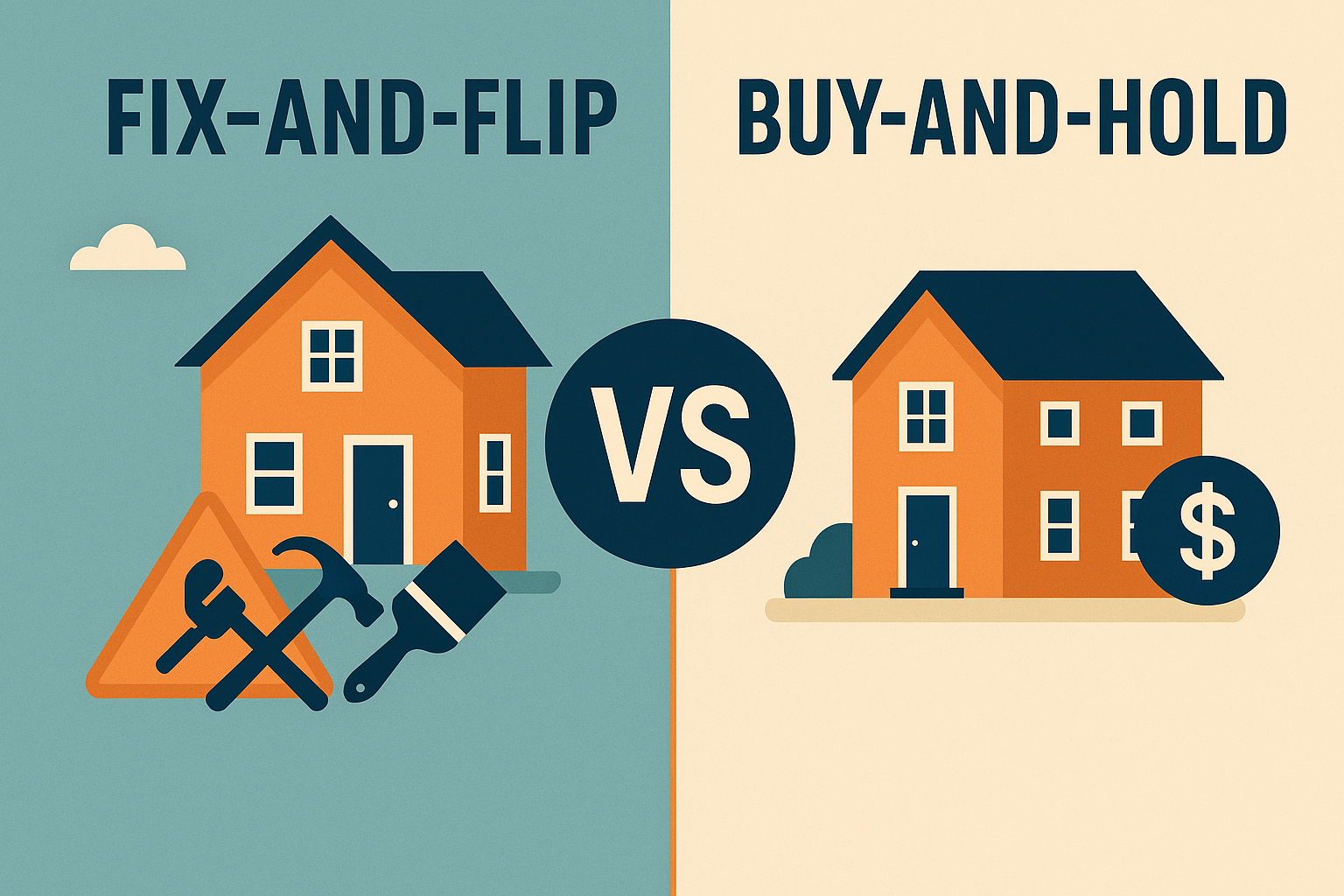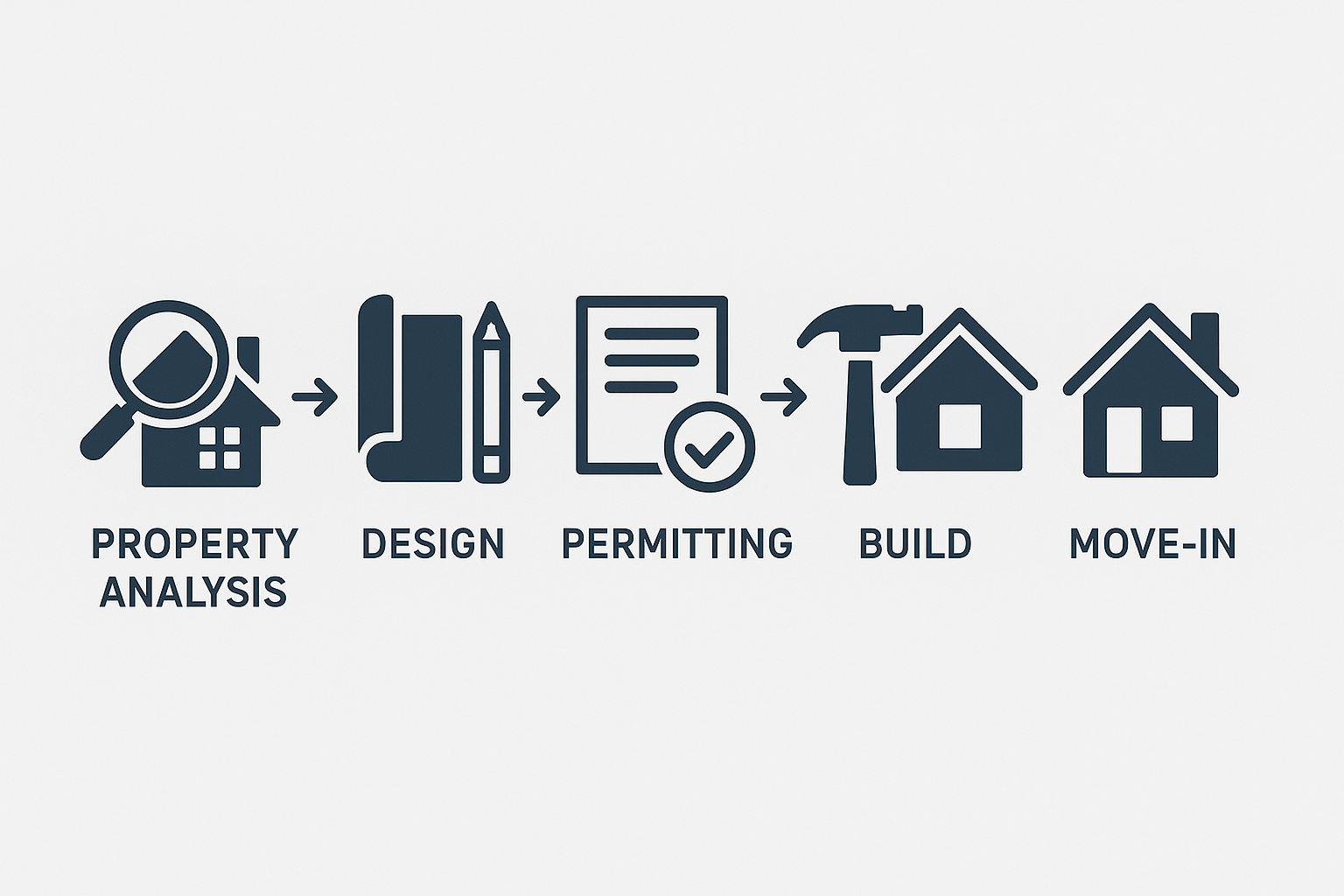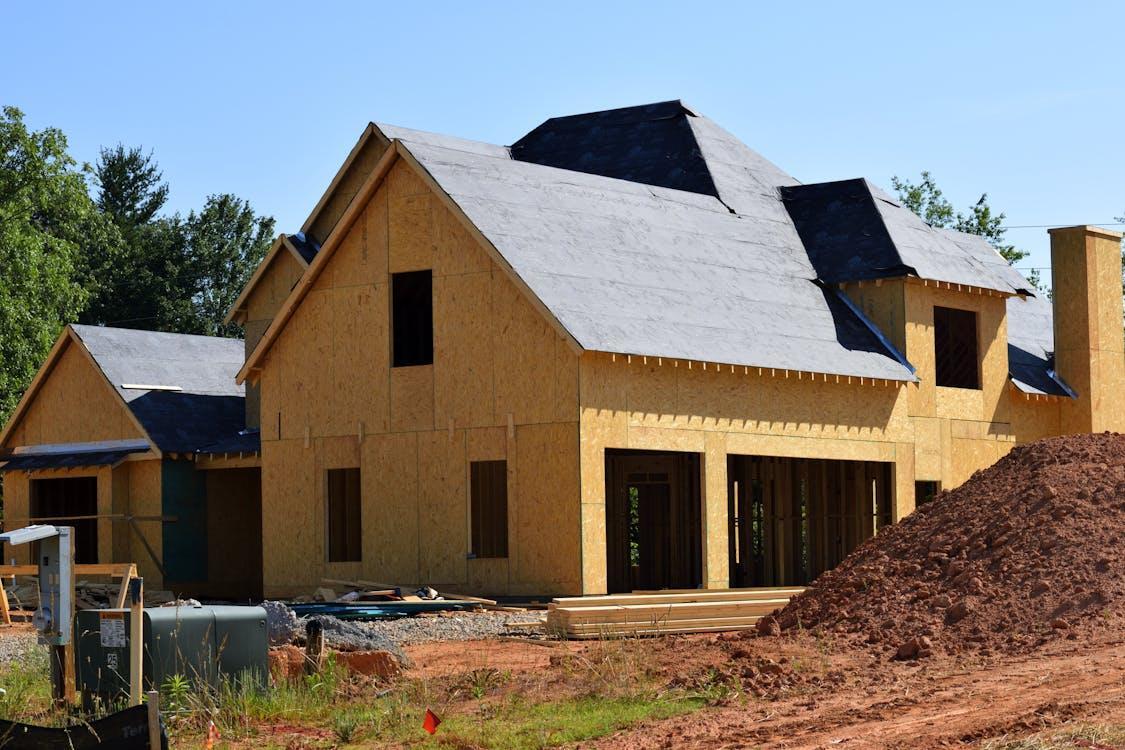Please introduce yourself.
My first property/deal was acquired in 2021, and my second in 2022. Two trades have already been performed. Our current team size is about eight people. We are presently registered and licensed in Virginia, Illinois, Maryland, and Wisconsin to invest. Aside from real estate, I own 5 other companies in diverse industries and have increased my net worth from (negative) -$20,000 to over $3 million in only 7 years.

How did you get started in the real estate business?
For the last 15 years, I’ve been enthusiastic about real estate because I’ve recognized it as a terrific vehicle for long-term sustainable success. So, in addition to my present business endeavors, I had been researching real estate investment for 5 years by attending conferences, reading books, taking courses, and so on. I was able to purchase my first real estate asset last year (2021).
What are some hot markets for real estate that you are excited about?
The Chicago market has a lot of inventory and is a high-demand city in the United States where people are continually seeking for a house to purchase or rent. Furthermore, I’ve spotted several prospects for business growth that are required to accommodate the increase of individuals relocating to the Chicago area. As a result, I believe there is plenty of room to develop a really diversified portfolio.

How do you source your real estate deals?
My efficient sourcing strategies include wholesalers, real estate agents, and word of mouth.
What are some checks and balances you’ve put in place to protect your real estate transactions?
The 70% rule is something I live, sleep, eat, and breathe. The 70% rule is a real estate investing theory that suggests that as an investor, you should spend no more than 70% of the home’s ARV (after-repair value) minus the expenses of repairing the property to establish your maximum purchase price. There are many more principles, but if you embrace that one, you will always have space to work with in your transaction.
What is one piece of advice you would give someone starting their real estate career?
Please be patient. Don’t hurry the process, but rather trust it, and always believe the facts. When I say data, I’m referring to the 70% rule we just discussed (along with others), which implies don’t make emotional judgments. Examine the crime statistics in the neighboring regions. Visit the area and check what condition the other homes and nearby communities are in… when you do the study and acquire the facts, you can make an informed, solid investing choice rather than an emotional one, which will place you in a much better position to succeed.
What is one software you use for your business and recommend to others?
Propstream is a fantastic tool for instantly obtaining comps, property facts, and a plethora of data.
What is your superpower in life?
My superpower is connecting with others and having a creative attitude in order to find solutions.
What is a failure you’ve had in life that set you up for eventual success?
I was in my early twenties when my childhood home was foreclosed on, so I had to sleep in my car several times a week since I couldn’t afford enough gas to go to and from work.
What is one book that has influenced your life the most? Why?
The first business book I ever read was the third volume in Robert T. Kiyosaki’s Rich Dad Poor Dad series. (It was also the first complete book I’d ever read in my life at the time, when I was 20)
Rich Dad’s Guide to Investing: What the Rich Invest in But the Poor and Middle Class Don’t is the title of the book. I was furious when I read it as I thought I had been lied to my whole life about how to create money if you want to really establish financial stability for yourself, and no one had ever talked to me about any of the things he was presenting at the time. Furthermore, I was in college at the time, spending a lot of money and time on education while working three jobs simultaneously, which was the polar opposite of what people do to get affluent. So, from then on, I vowed to learn more about this new investment philosophy and business skills, but even more essential, to put them into practice.







